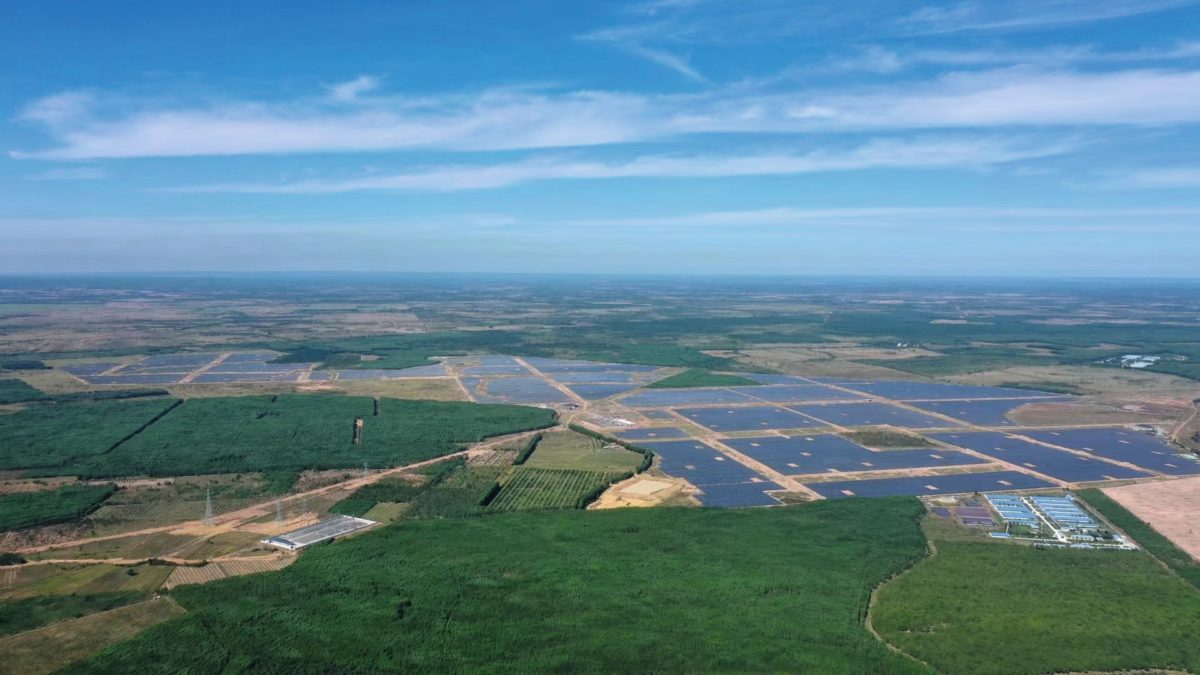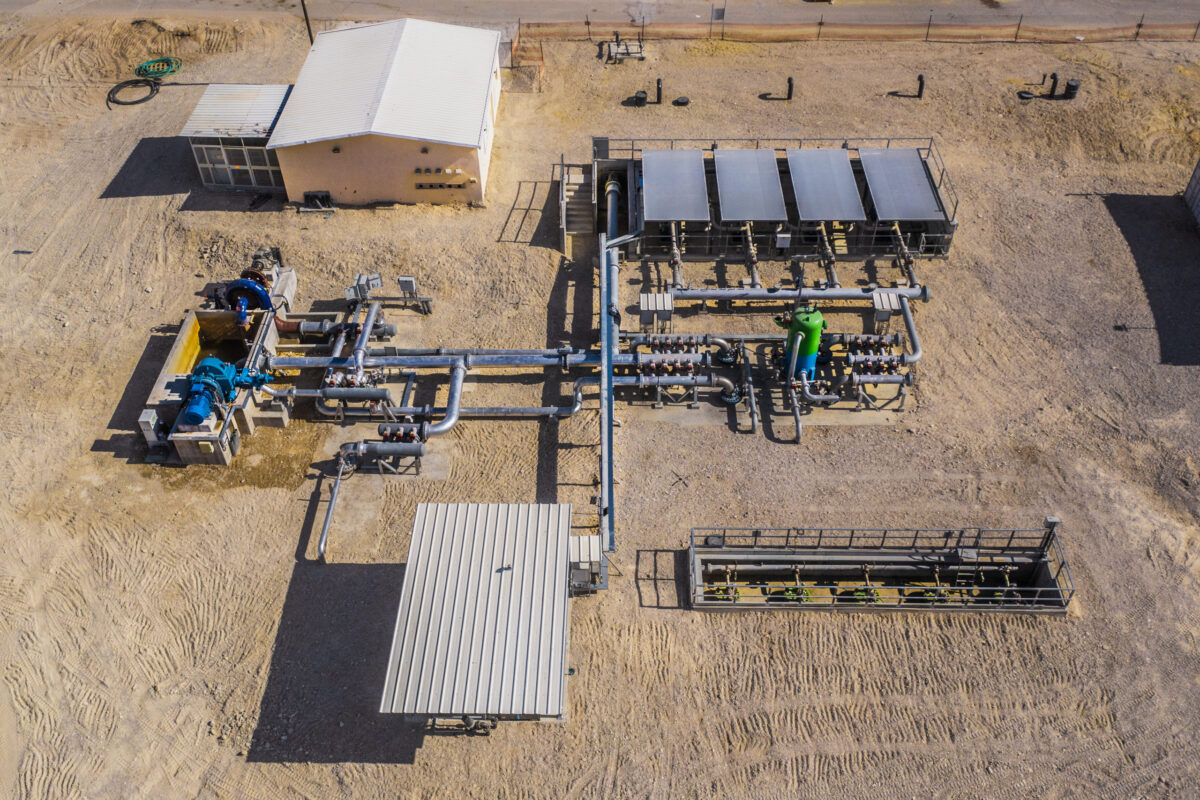Vietnam’s Ministry of Industry and Trade (MIOT) has set new price ceilings for the so-called “transitional” wind and solar projects.
These are renewable energy projects that failed to qualify for the expired feed-in tariff scheme and will now be allowed to sell power to Vietnamese utility EVN through power purchase agreements (PPAs).
EVN currently has a monopoly over the transmission, distribution, wholesale and retail of electricity, being the sole buyer in the Vietnamese market.
The MIOT reduced the ceiling price for ground-mounted solar projects from $0.0709/kWh to $0.0502/kWh, a 29% decrease. The ceiling price for onshore wind decreased by 21%, from $0.085/kWh to $0.0672/kWh.
“My interpretation would be that the low new ceiling is a way to kill off these projects as large solar capacity additions are unwanted at the moment,” Moritz Sticher, senior adviser at Berlin-based consulting firm Apricum, told pv magazine. “Given the high development and land costs, such tariffs make these projects financially unviable.”
According to a simulation model for a 100 MW ground-mounted solar plant, the new ceiling price would decrease the asset’s net present value (NPV) from $160 billion to $503 billion. The internal rate of return (IRR) would decrease from 10.7% to 6.2%. The data was modeled by Mai Nguyen, investment banking senior associate at Saigon Hanoi Securities (SHS).
Vietnam has long worked on a pilot scheme that would, for the first time, open its electricity market to bilateral PPAs. It was officially set to run between 2022 and 2024, with expectations now pointing to the first quarter of this year. There has been no official confirmation from the Vietnamese government thus far. According to Apricum’s latest data, the country has installed around 18.47 GW of solar capacity.
This content is protected by copyright and may not be reused. If you want to cooperate with us and would like to reuse some of our content, please contact: editors@pv-magazine.com.



3 comments
By submitting this form you agree to pv magazine using your data for the purposes of publishing your comment.
Your personal data will only be disclosed or otherwise transmitted to third parties for the purposes of spam filtering or if this is necessary for technical maintenance of the website. Any other transfer to third parties will not take place unless this is justified on the basis of applicable data protection regulations or if pv magazine is legally obliged to do so.
You may revoke this consent at any time with effect for the future, in which case your personal data will be deleted immediately. Otherwise, your data will be deleted if pv magazine has processed your request or the purpose of data storage is fulfilled.
Further information on data privacy can be found in our Data Protection Policy.